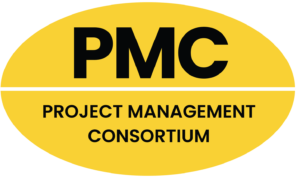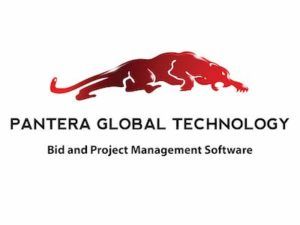Newforma, provider of Project Information Management (PIM) software for architects, engineers, contractors, and owners (AECO) worldwide, announces the release of its new thought leadership study, “Finding Common Ground: The Future of Project Information Management.”
The primary focus of this year’s research is to examine the pain points of sharing information across external firm boundaries and exchanges of information at critical points in the project life cycle, including the design process and the handoff from design to construction. By identifying where information bottlenecks in key workflow processes are occurring, project teams can focus improvement efforts on the areas that have the greatest impact to the project and the firm.
The research is comprised of two components: a survey conducted anonymously by the Dodge Data Network with respondents from 327 U.S. design and construction professionals, including 184 architects, 51 engineers, and 92 contractors. In addition, a closed-session roundtable panel was hosted by Newforma and the Construction Progress Coalition and included participants from Hargrove Engineering, HDR, Mortenson, RS&H, and The Walsh Group.
Findings from this year’s study highlight the major challenges faced by most firms, including 69% of respondents who say they cannot find the information needed to make informed decisions. However, survey results also reveal that project decisions are tracked through email and meeting minutes, and a lack of standard processes creates inconsistencies across projects. These may be contributing factors to issues with difficulty finding project information.
Two-thirds of respondents ranked collaboration and sharing project information with external team members as a major challenge. Almost half of respondents (47%) cite human error as the biggest challenge to effectively collaborating across project stakeholders. Errors commonly occur when data is manually entered across different platforms. In addition, information communicated primarily through email is subject to human error. As a result, over half (54%) of architects and engineers, and 61% of contractors commonly receive incomplete information.
We asked survey respondents how this year’s increase in workforce volatility impacts their ability to manage project information. The majority (68%) say that new staff members joining a project team will need to learn new processes and systems, with architects being most impacted by this factor (77%). In addition, errors occurring due to missing or inaccurate project information is also a factor that is particularly impacting many contractors (58%). As new team members ramp up on a project, training may not be provided, which can result in an increase in errors.
The panel insights combined with the survey results from this year’s study may help project teams benchmark their processes for collaborating and sharing information with the common goal of delivering excellent projects.
Download the full report. Register for the live webinar where the findings will be presented by Donna Laquidara-Carr, Industry Insights Research Director at Dodge Data Network, and Nathan Wood, Executive Director of the Construction Progress Coalition. This event is scheduled for Tuesday, Oct. 18, at 12 p.m. ET.










 The 2024 virtual Men’s Round Table will be held Q4, 2024, date TBD.
The 2024 virtual Men’s Round Table will be held Q4, 2024, date TBD.













